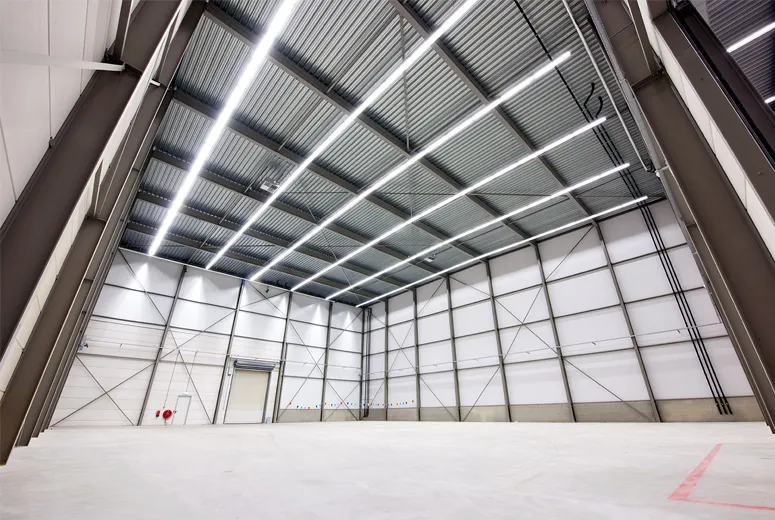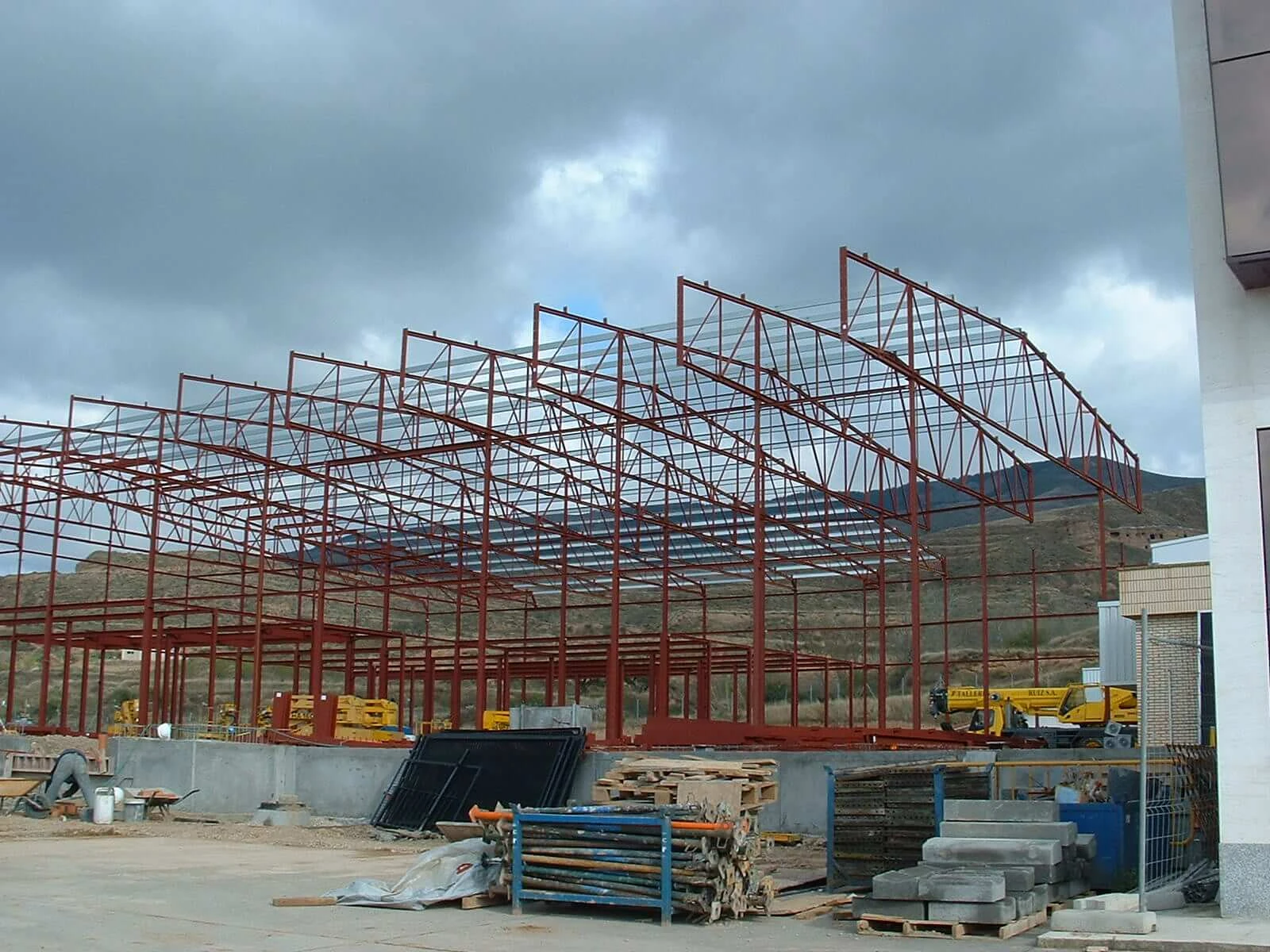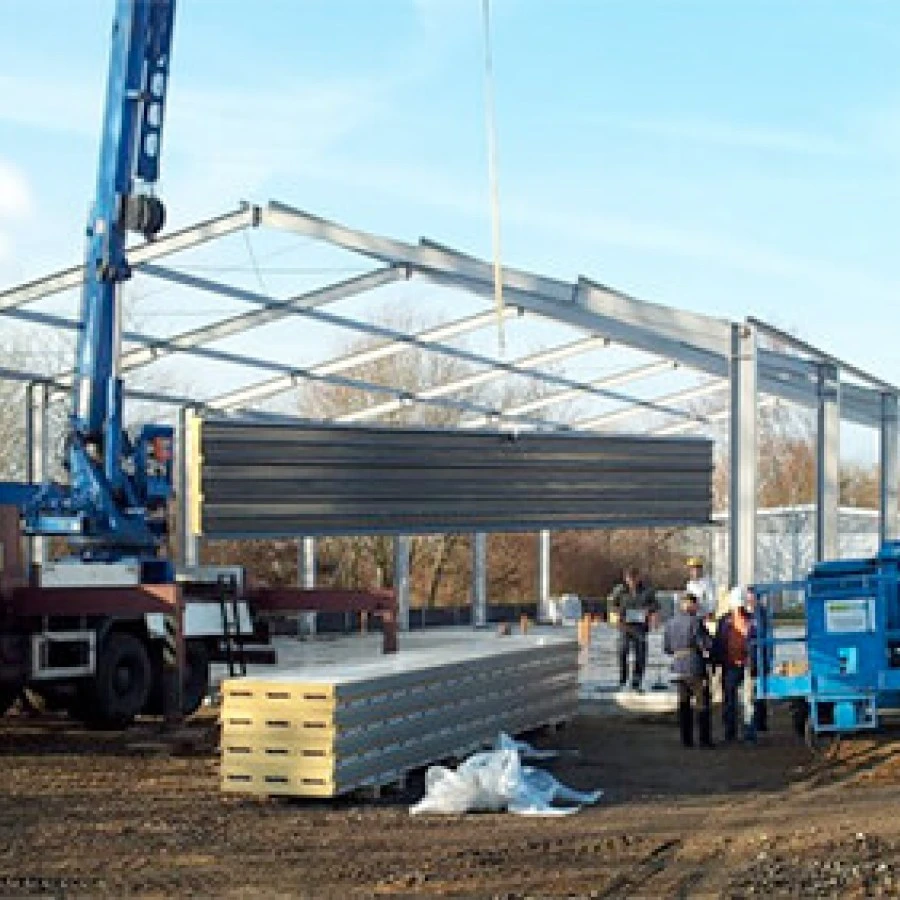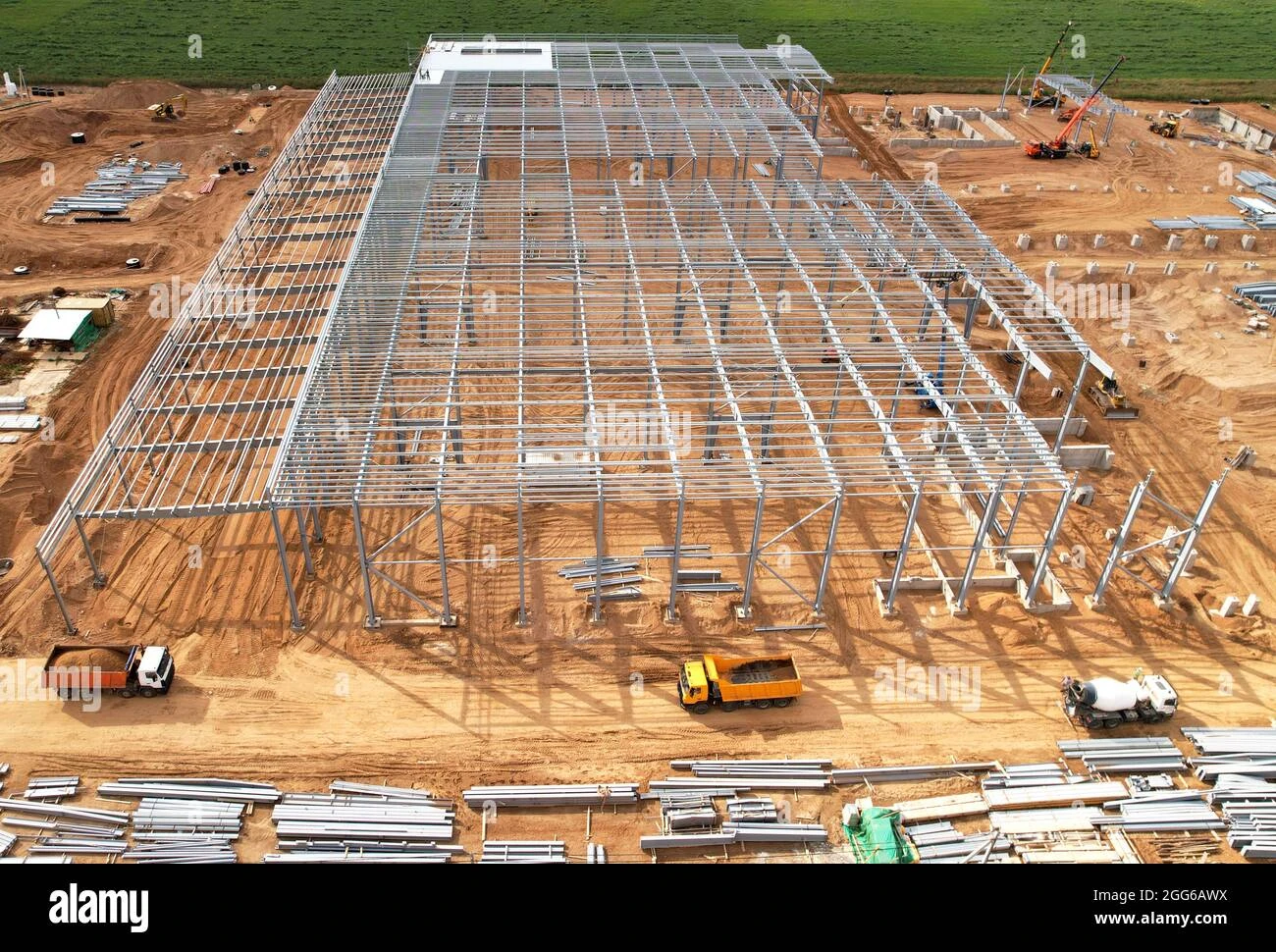- Afrikaans
- Albanian
- Amharic
- Arabic
- Armenian
- Azerbaijani
- Basque
- Belarusian
- Bengali
- Bosnian
- Bulgarian
- Catalan
- Cebuano
- Corsican
- Croatian
- Czech
- Danish
- Dutch
- English
- Esperanto
- Estonian
- Finnish
- French
- Frisian
- Galician
- Georgian
- German
- Greek
- Gujarati
- Haitian Creole
- hausa
- hawaiian
- Hebrew
- Hindi
- Miao
- Hungarian
- Icelandic
- igbo
- Indonesian
- irish
- Italian
- Japanese
- Javanese
- Kannada
- kazakh
- Khmer
- Rwandese
- Korean
- Kurdish
- Kyrgyz
- Lao
- Latin
- Latvian
- Lithuanian
- Luxembourgish
- Macedonian
- Malgashi
- Malay
- Malayalam
- Maltese
- Maori
- Marathi
- Mongolian
- Myanmar
- Nepali
- Norwegian
- Norwegian
- Occitan
- Pashto
- Persian
- Polish
- Portuguese
- Punjabi
- Romanian
- Russian
- Samoan
- Scottish Gaelic
- Serbian
- Sesotho
- Shona
- Sindhi
- Sinhala
- Slovak
- Slovenian
- Somali
- Spanish
- Sundanese
- Swahili
- Swedish
- Tagalog
- Tajik
- Tamil
- Tatar
- Telugu
- Thai
- Turkish
- Turkmen
- Ukrainian
- Urdu
- Uighur
- Uzbek
- Vietnamese
- Welsh
- Bantu
- Yiddish
- Yoruba
- Zulu
کانونی یەکەم . 25, 2024 12:52 Back to list
Understanding Steel Frame Wall Construction
Steel frame wall construction has gained significant popularity in modern architecture and building practices due to its robustness, flexibility, and efficiency. As urbanization accelerates and the demand for sustainable building solutions rises, steel frame construction emerges as a preferred choice for commercial, residential, and industrial projects. This article explores the advantages, applications, and considerations associated with steel frame wall construction.
What is Steel Frame Wall Construction?
Steel frame wall construction refers to a method where a building's structure is supported by a framework of steel columns and beams. The walls are then infilled with materials such as concrete, drywall, or insulation panels. This technique provides a sturdy and durable shell for the building, allowing for flexible interior layouts and enhancing overall stability.
Advantages of Steel Frame Construction
1. Strength and Durability Steel is known for its high strength-to-weight ratio, making it an ideal material for construction. Steel frames can withstand significant loads and resist natural elements, including earthquakes and severe weather conditions. As a non-combustible material, steel also offers greater fire resistance compared to traditional wooden structures.
2. Design Flexibility One of the most appealing aspects of steel frame wall construction is its design versatility. Steel frames can be engineered to create expansive open spaces, allowing architects to incorporate large windows, high ceilings, and unique architectural features. The adaptability of steel frames caters to innovative building designs that meet the needs of various projects.
3. Faster Construction Times The use of prefabricated steel components can significantly reduce construction time. Steel frames are often manufactured off-site and delivered ready for assembly, minimizing on-site labor and expediting the overall building process. This swift assembly translates to lower labor costs and quicker project turnaround.
4. Sustainability Steel is a recyclable material, making steel frame construction an environmentally friendly option. Many steel manufacturers utilize recycled materials in their products, and at the end of a building's life cycle, steel components can be entirely reclaimed and reused. This lifecycle approach to construction aligns with growing sustainability goals in the construction industry.
5. Cost-Effectiveness While the initial investment in steel frame construction may be higher than traditional options, the long-term benefits can lead to cost savings. Durability reduces maintenance expenses over time, and efficient construction methods can lead to earlier occupancy and revenue generation.
steel frame wall construction

Applications of Steel Frame Wall Construction
Steel frame wall construction is particularly suited for a variety of applications, including
- Commercial Buildings High-rise office complexes and retail spaces benefit from steel frame construction due to their need for large open areas and the structural integrity required to support multiple floors.
- Residential Projects Modern homes and multi-family units are increasingly utilizing steel frames, allowing for unique architectural designs while ensuring safety and longevity.
- Industrial Structures Warehouses, factories, and distribution centers often rely on steel frames to accommodate heavy machinery and storage requirements.
Considerations in Steel Frame Construction
Despite its many advantages, there are some considerations to keep in mind when opting for steel frame wall construction. The initial cost can be prohibitive for smaller projects, and specialized labor may be required for installation. Additionally, while steel frames are resistant to fire, they can be susceptible to rusting and other corrosion challenges if not properly treated or maintained.
Conclusion
Steel frame wall construction is a dynamic solution that aligns with contemporary demands for efficient, durable, and sustainable building practices. As technology and materials continue to evolve, the role of steel in the construction industry is likely to expand further, cementing its status as a leading choice for a diverse range of applications. Its unique blend of strength, design flexibility, and sustainability will continue to inspire architects and builders as they seek to create innovative infrastructures for the future.
-
Cold Formed Steel Residential Framing
NewsMay.21,2025
-
Innovative Steel Structure Building Solutions
NewsMay.19,2025
-
Innovative Prefab Metal Shed Solutions
NewsMay.19,2025
-
Durable Steel Horse Shelter Solutions
NewsMay.19,2025
-
Durable Metal Shed Solutions
NewsMay.19,2025
-
Durable Big Metal Shed Solutions
NewsMay.19,2025
Products categories
Our Latest News
We have a professional design team and an excellent production and construction team.












